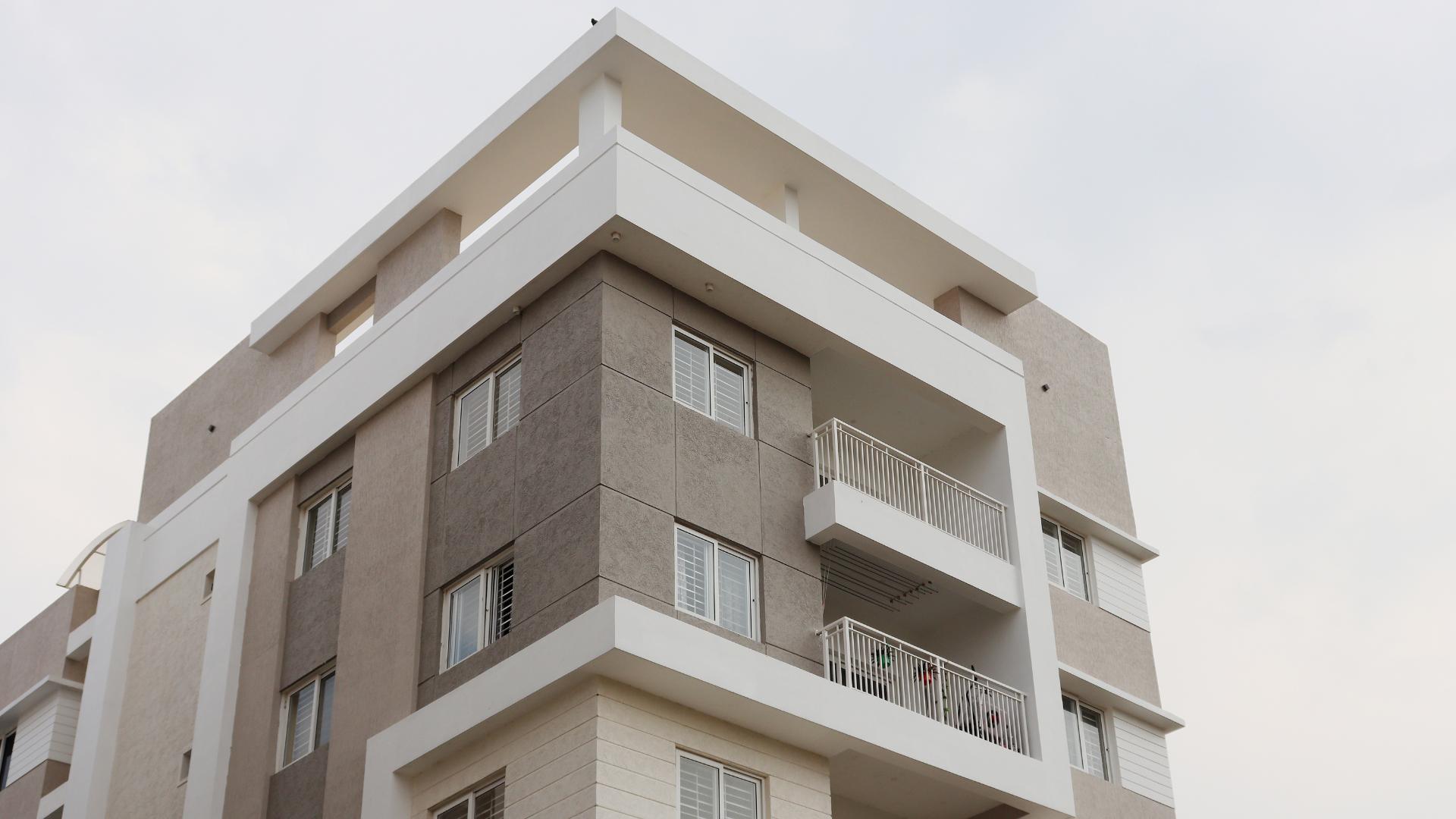Renting an apartment can be an exciting and sometimes overwhelming process. With so many aspects to consider, from location and size to interior design and amenities, it’s easy for some important details to be overlooked. One of these crucial factors that should never be neglected is the regulations surrounding renting a property. Understanding these rules will not only help both landlords and tenants to be on the same page but can also prevent future conflicts or legal issues.
In this article, we will discuss four essential regulations that all parties involved in renting an apartment should be aware of, which include: lease agreements, security deposits, tenant rights, and renter’s insurance. By understanding these fundamental regulations, both landlords and tenants can ensure a smooth and successful rental experience.
Lease Agreements: The Foundation of a Rental Relationship
A lease agreement is a legally binding contract between a landlord and tenant that outlines the terms and conditions for renting a property. This document serves as the foundation for the landlord-tenant relationship and should be carefully read and understood by both parties before signing.
Lease agreements typically include the following information:
- The rental property’s address and a description of the unit
- The lease term, usually expressed in months or years
- The monthly rent amount and when it is due
- The security deposit amount and the conditions for its return
- The rights and responsibilities of both the landlord and tenant
- Any additional terms or rules, such as maintenance responsibilities and house rules
It is crucial for both landlords and tenants to be familiar with the specific state laws governing lease agreements, as these can vary from one jurisdiction to another. For example, in Washington State, domestic violence victims have the right to terminate a lease early without penalty, under certain conditions. Following the Fair Housing Act, landlords are also prohibited from discriminating against prospective tenants based on race, color, religion, sex, disability, familial status, or national origin.
Security Deposits: Protecting Both Parties
Security deposits are a common feature in rental agreements and serve as a financial safeguard for landlords in case a tenant does not fulfill their obligations under the lease. However, there are specific rules and regulations that landlords must follow when handling security deposits.
In most states, landlords are required to:
- Hold the security deposit in a separate account, apart from their personal funds
- Provide the tenant with written notice of the account details, such as the bank name and account number
- Return the security deposit or provide an itemized list of deductions within a specified timeframe, which varies by state, after the tenant moves out
Tenants are responsible for leaving the rental unit in the same condition it was when they moved in, apart from normal wear and tear. If a tenant disputes the deductions made from their security deposit, they may have legal recourse depending on their state’s laws.
Tenant Rights: Knowing What You’re Entitled To
Tenants have specific legal rights when renting a property, and it is essential for both parties to be aware of these protections. Some key tenant rights include:
- The right to a habitable living space: Landlords must provide a rental unit that meets basic health and safety standards, such as functioning plumbing, heating, and electrical systems.
- The right to privacy: Landlords must provide reasonable notice before entering a tenant’s rental unit, typically at least 24 hours in advance, unless there is an emergency.
- The right to repairs: Tenants can request necessary repairs, and if a landlord fails to address the issue within a reasonable timeframe, the tenant may have the option to withhold rent or make the repairs themselves and deduct the cost from their rent.
It’s important to note that tenant rights can vary by state, so renters should familiarize themselves with the specific laws in their area. For instance, in some states, tenants are allowed to withhold rent if the landlord fails to make necessary repairs, while other states may require tenants to pay rent into an escrow account until the repairs are completed.
Renter’s Insurance: Protecting Your Belongings
Renter’s insurance is a type of policy that provides coverage for a tenant’s personal property in the event of damage or theft. While not always required by landlords, obtaining renter’s insurance is a smart decision for tenants, as it can protect their belongings and provide liability coverage in case of accidents or injuries on the rental property.
In addition to protecting the tenant’s personal property, renter’s insurance can also offer protection against temporary housing expenses in case of an uninhabitable rental unit due to a covered loss. This can provide tenants with peace of mind and financial security in the event of an unexpected disaster or accident.
When renting an apartment, it is essential for both landlords and tenants to be aware of the regulations governing the rental process. By understanding the importance of lease agreements, security deposits, tenant rights, and renter’s insurance, both parties can work together to create a positive rental experience with minimal conflicts or legal issues. Remember that state laws can vary, so always familiarize yourself with the specific regulations in your area to ensure a successful landlord-tenant relationship.

